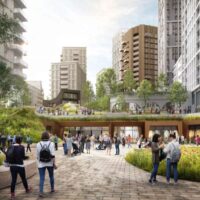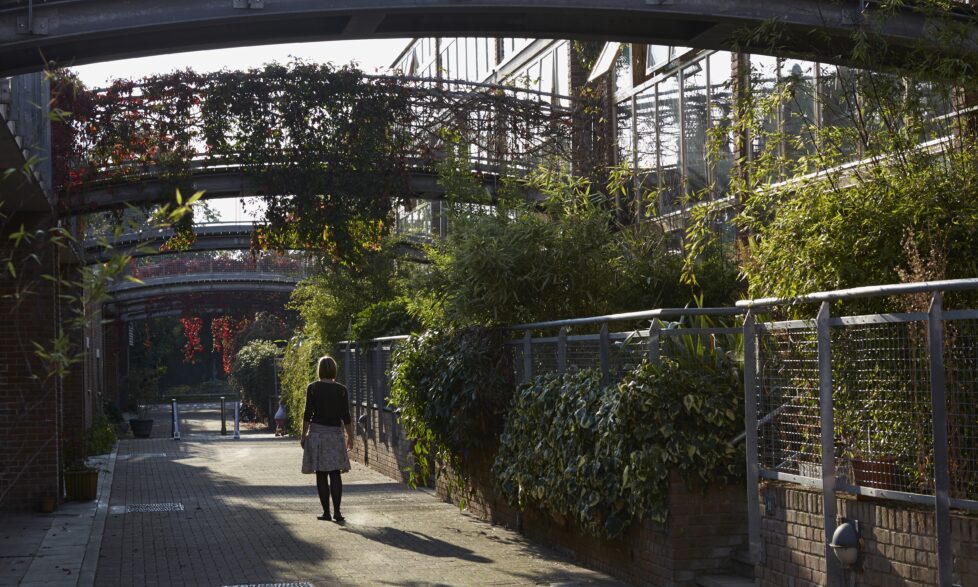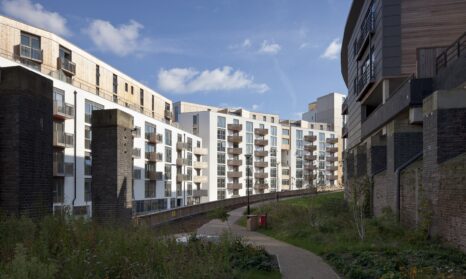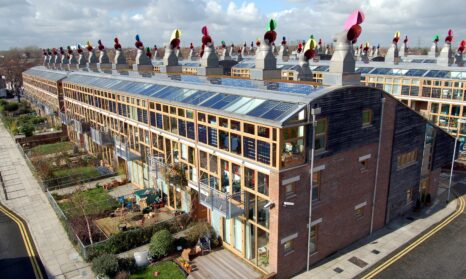Achieving ‘Net Zero’ – we need to start with our homes and communities
Today, the Committee on Climate Change (CCC), the official adviser to the UK government, has released Net Zero – The UK’s contribution to stopping global warming. This says that “the UK can end its contribution to global warming within 30 years by setting an ambitious new target to reduce its greenhouse gas emissions to zero by 2050.”
Last night, in a world-first move, the UK Parliament declared a ‘climate change emergency’ with calls for a cross-party approach to climate change.
I am very encouraged by our Parliament taking this global leadership position. It’s undoubtedly in no small part due to the recent wave of civil action led by Extinction Rebellion, the school strikes and local authorities declaring their own climate emergencies. And with the last four years the hottest on record, there is no doubt that this is an emergency.
But words are not enough. The Government needs to follow this declaration with policies that ensure we can achieve the carbon savings necessary.
And at Bioregional, after 25 years of working towards a zero-carbon future, we know the solutions are out there.
Let’s build better homes and communities
If the UK is to become a net zero carbon nation, then our homes and communities are probably the most important place to start. Did you know that in the UK about half of our carbon emissions are related to how and where we build our homes? About 27% of these are from heating our homes, and the rest from travel emissions.
We need all new homes to be true zero carbon in the very, very near future. At Bioregional we’ve shown that this is achievable and affordable through several of the real-world development projects we’ve supported or helped develop. NW Bicester, led by A2Dominion, has achieved true zero carbon for 160 homes in Oxfordshire. Our zero-carbon development One Brighton runs completely on renewable energy.
Just as importantly, we need an enormous boost to programmes that retrofit existing homes. UK housing and other buildings need to become far better at saving energy and cutting wastage while installing carbon-free heating systems and renewable energy generation. This is something we’ve done a lot of work on over the past decade.
Of course we’ll also need big changes to our national energy infrastructure, for example to cope with supply from local generation and demand from the electrification of heating and transport. And while offshore wind has a large and growing role to play, these changes will have to reach out into our communities and neighbourhoods, for example though local storage and smart grids, and appliances to manage peaks and troughs in demand.
We need to design our streets and homes to make it much easier for people and businesses to use alternatives forms of transport – and create the right incentives to make them attractive and affordable. In Mike Berners-Lee’s recent book There is no Planet B he estimates that electric bikes are over 4,000 times more efficient than biofuel-powered cars. We need to get savvy on which solutions work and then scale them with urgency.
All of this implies radical, continuing change. But it has to be done fairly and make people’s lives better. That’s why we need a ‘One Planet Living’ approach. Our One Planet Living framework looks at sustainability in the round and takes equity, local economies and people’s health and happiness into account, alongside the protection of our climate, wildlife and other key natural resources.
With growing public support and political commitment, exciting times lie ahead. We look forward to playing our part in this great transition to a carbon-free future.







